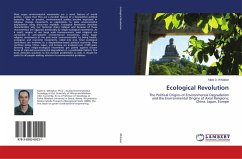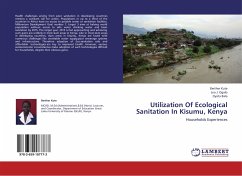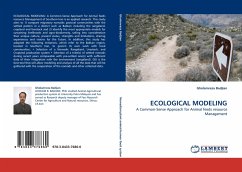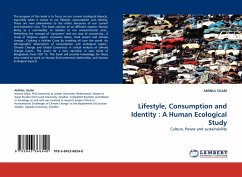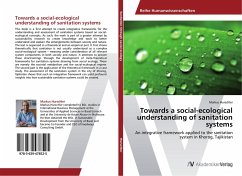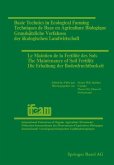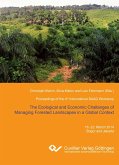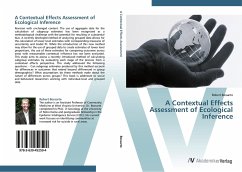Most argue environmental movements are a novel feature of world politics. I argue that they are a durable feature of a degradative political economy. Past or present, environmental politics became expressed in religious change movements as oppositions to state environmental degradation using discourses available. Ecological Revolution describes characteristics why our historical states collapse and because of these characteristics are opposed predictably by religio-ecological movements. As a result, origins of our large scale humanocentric 'axial religions' are connected to anti-systemic environmental movements. Many major religious movements of the past were 'environmentalist' by being health, ecological, and economic movements, rolled into one. Since ecological revolutions are endemic to a degradation-based political economy, they continue today. China, Japan, and Europe are analyzed over 2,500 years showing how religio-ecological movements get paired against chosen forms of state-led environmental degradation in a predictable fashion. The book describes solutions to this durable problematic as well. It should be useful to all people seeking solutions to environmental problems.
Bitte wählen Sie Ihr Anliegen aus.
Rechnungen
Retourenschein anfordern
Bestellstatus
Storno

